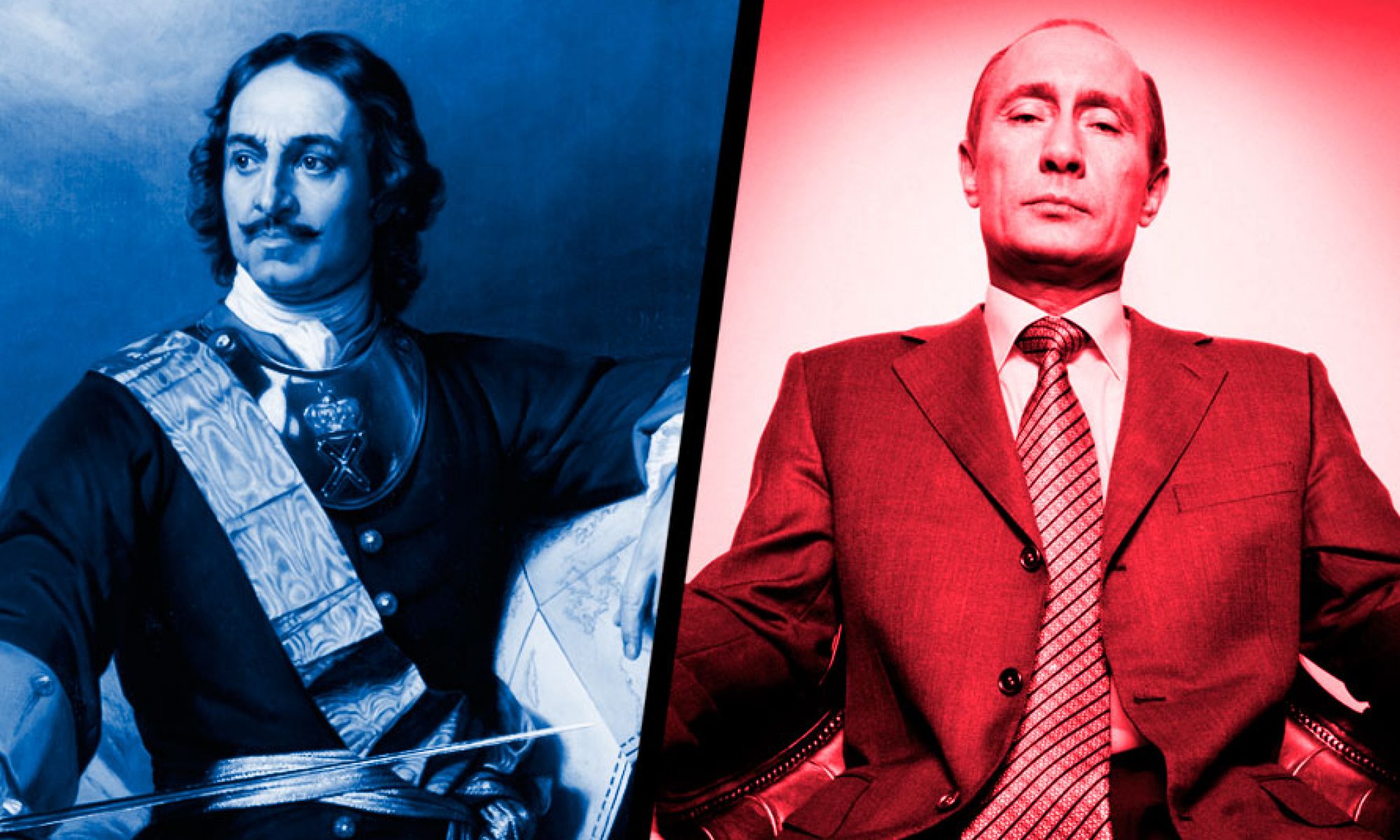Our placement of Leo Tolstoy will rely heavily on a section of his 1884 book, What I Believe, in which Tolstoy outlined his personal interpretation of Christian theology.
Was Leo Tolstoy an absolute pacifist or a contingent pacifist? Without a doubt, Leo Tolstoy was an absolute pacifist. Take this quote from What I Believe, “The whole organization of our lives, the complicated mechanism of our institutions, whose sole object is violence, are but proofs of the degree to which violence is repugnant to human nature. No judge will ever undertake to strangle with his own hands the man whom he has condemned to death… Not a single general, not a single soldier, would kill hundreds of Turks or Germans, and devastate their villages – no, not one of them would consent to wound a single man, were it not in war, and in obedience to discipline and the oath of allegiance.” Within this quote, Leo Tolstoy laid out the insincerity of society’s violence and how society tricks individuals to go against their own nature and conduct destructive acts against others. Tolstoy pointed out that all violence is against human nature, thus placing him into the camp of absolute pacifism.
Would have Leo Tolstoy been a maximal pacifist or a minimal pacifist? Once again Tolstoy would have sided with the extreme form of pacifism, maximal. And again What I Believe offers proof of Tolstoy’s maximal ideals, “Who will deny that it is repugnant and harrowing to a man’s feelings to torture or kill, not only a man, but also even a dog, a hen, or a calf? I have known men, living by agricultural labor, who have ceased entirely to eat meat only because they had to kill their own cattle. And yet our lives are so organized that for one individual to obtain any advantage in life another must suffer, which is against human nature.” Not only did Tolstoy reject all violence onto other humans, he also rejected violence against animals as well. Tolstoy would have supported the maximal approach to pacifism.
Video
https://drive.google.com/drive/u/0/folders/1IMxDl8qAKc5e8N7MrUR81YzHNGz62o1q
Bibliography
https://docs.google.com/document/d/1NFLMVjsdmA792tTg3JGQRUGywVElBgAgikXHU6aeWCk/edit
